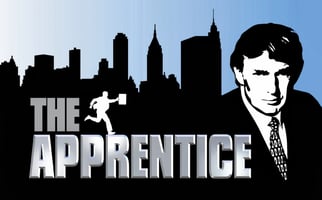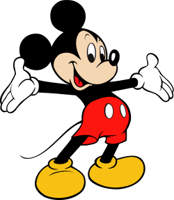Making an informed decision seems like a good plan. I think most companies would look favorably on...
Higher and Higher
As I started high school, I was a skinny kid. Most days found me outside playing ball in the street, running from place to place, and ending many summer nights playing “Kick the Can.” I could run. Track seemed to make the most sense for me. The cardio was there, but the upper body muscle development was lacking. I struggled with pullups. As I hung there on the bar trying to will myself upward, I remember one of my coaches saying it’s okay and asked me to hop down. Immediately, the guys on the team started teasing and laughing. To be honest, I likely would have done the same. Later, that same coach said, “Listen, John, here’s how we’re going to get you stronger.” And he, along with another coach, came up with a plan to help me catch up with the muscular development needed to make me a better runner as well as an overall stronger person.
The horror of the George Floyd and Breonna Taylor murders, as well as others, in the recent weeks has shown the world how far from developed we are as a people. And while the many years of diversity training, racial awareness programs and in-school education have impacted a good portion of the population, the systems have not caught up. We have individuals trying to make a new path in a system that convinces itself of its validity daily. When I think about equity, this problem comes to mind often.
It is not enough to applaud our diversity and inclusion efforts as if that were an arrival point. Those areas are components of an overall culture of belonging and equity that every company, agency and system should reflect. When I was weaker than my teammates, it would not have been enough to let me on the team and tell me to run. I would not catch up. Certainly, I would run faster/longer, but I would remain behind those who started at a physical advantage over me. Their opportunity, access and encouragement differed from mine. And while my freshman year track team experience is not meant to equal in context the racial and socioeconomic disparity in our world, the example is meant to offer a simplistic frame of reference to build schema.
In our human resources world, specifically, we still have work to do. Of course, our organizations need us to forge new or expanded paths for hiring, promotion, learning management and skill development, but we may need to start at home. Within our own HR sphere, how do we expect those systemically kept out to be allowed in if we’re not deliberate? I was shown an opportunity for someone to write for a conference, but only if the person met criteria that would systematically keep those who’ve not had the opportunity to do so in the past held back. It’s the dilemma of requiring experience but not allowing an experience for a person. Haven’t we pushed against that in job postings and job requirements for years? Why would we allow it within our own discipline, even if only a conference? We are still part of the problem.
Equity means leveling the playing field. Equity means providing additional resources to those who are starting at a disadvantage. It’s the call of Black Lives Matter. No one is saying that other lives don’t matter; we’re saying that black lives need our attention, our support, our resources, our protection in ways that we don’t need to offer, for instance, to white lives who already have access. And when we in HR don’t act in a manner to do so, we are the problem. Don’t point to your “racist” CEO, your “privileged” CFO. Point to you. Our own conferences, career ladders and affinity groups are fraught with systemic truths that are non-equity minded. They require examination and change.
As a former varsity track athlete, I can tell you that the decision to invest in people who have a lack or disadvantage is not charity; it is love. Love is a decision that changes futures. It positively alters access to possibilities, to opportunities and to purpose. This kind of love is something we are all capable of; no previous experience is necessary.




Blog comments